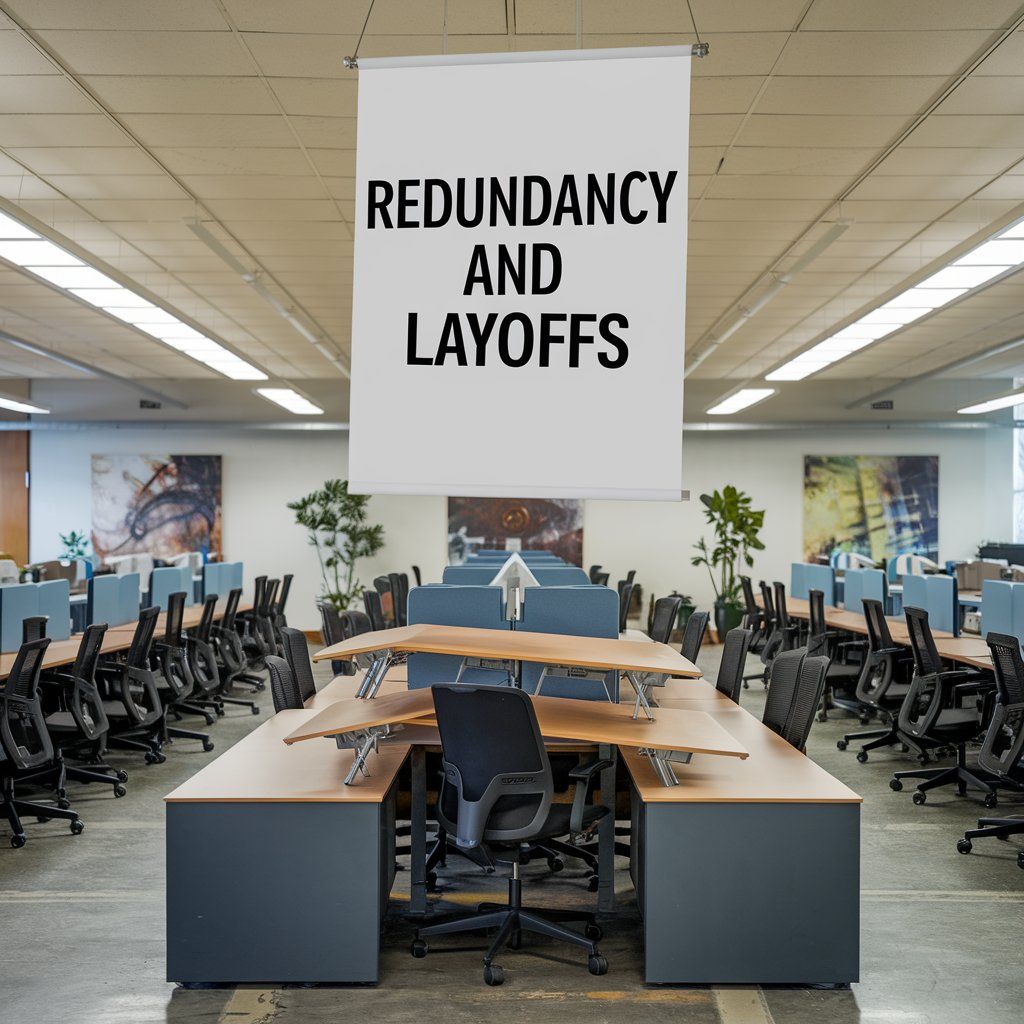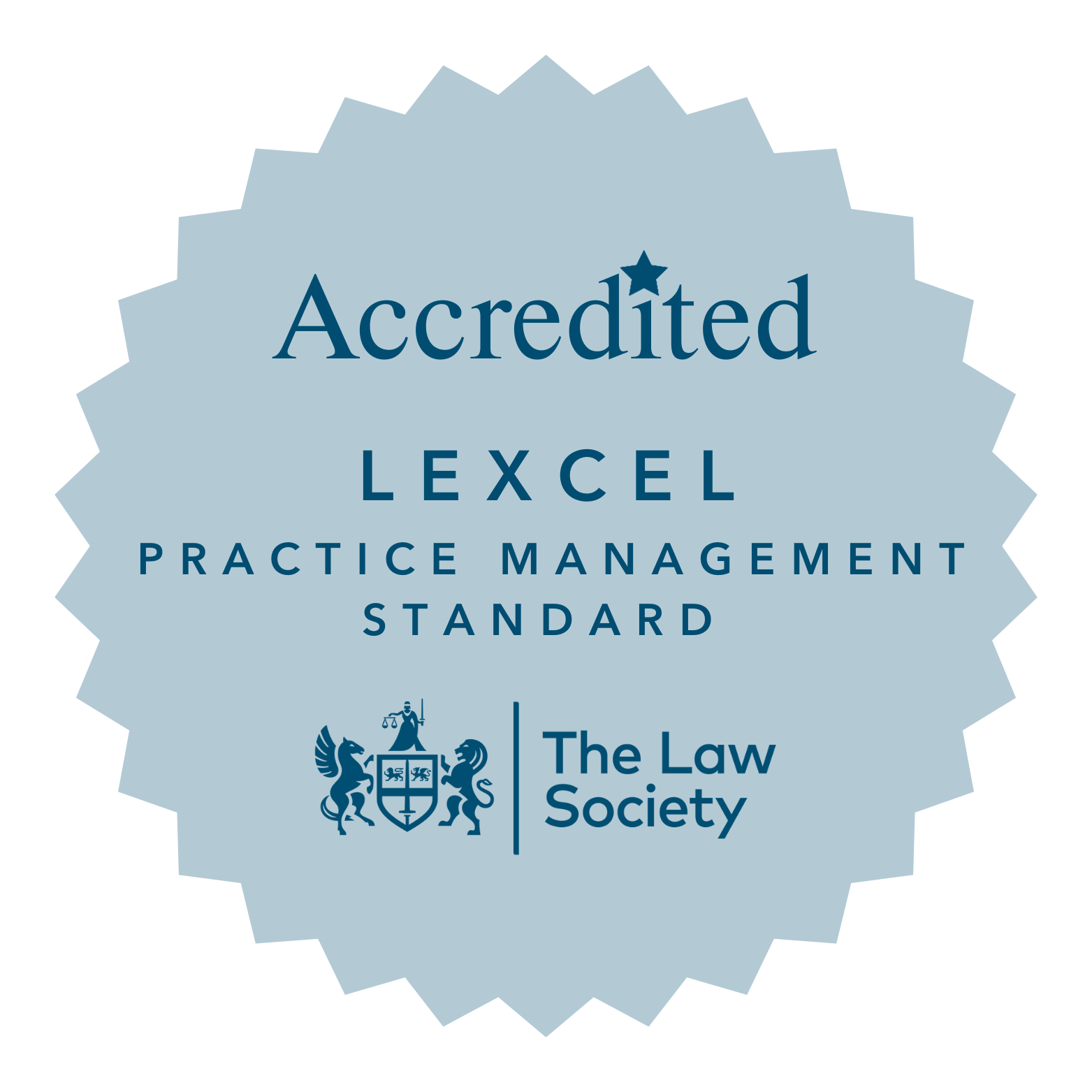Understanding the Vital Role of an Attorney in a Lasting Power of Attorney (LPA)
Setting up a Lasting Power of Attorney (LPA) is a crucial step in safeguarding your future. It ensures that someone you trust will manage your affairs if you become unable to do so. The role of an attorney in an LPA is both significant and demanding. In this blog, we will explore the duties, responsibilities, and considerations involved in being an attorney in an LPA.
Understanding the Lasting Power of Attorney
A Lasting Power of Attorney is a legal document that allows an individual (the donor) to appoint one or more people (the attorneys) to make decisions on their behalf. There are two types of LPAs:
- Health and Welfare LPA: Covers decisions about the donor's personal health and welfare, including medical treatment and living arrangements.
- Property and Financial Affairs LPA: Pertains to managing the donor's financial matters, such as paying bills, managing bank accounts, and selling property.
The Responsibilities of an Attorney
As an attorney, your primary responsibility is to act in the best interests of the donor. This involves several key duties:
1. Acting in the Best Interests
- Decision-Making: Every decision you make must be in the best interests of the donor. This includes considering their past and present wishes, values, and beliefs.
- Consultation: Where possible, consult with the donor about their preferences and seek input from family members or other relevant parties.
2. Maintaining Accurate Records
- Financial Management: Keep detailed records of all transactions and decisions made on behalf of the donor. This includes receipts, bank statements, and notes on conversations or decisions.
- Transparency: Be prepared to provide these records to the Office of the Public Guardian (OPG) or the court if requested.
3. Ensuring Legal Compliance
- Legal Framework: Familiarise yourself with the Mental Capacity Act 2005, which governs the duties of an attorney.
- Restrictions: Adhere to any restrictions or conditions specified in the LPA document.
Decision-Making Under a Health and Welfare LPA
Under a Health and Welfare LPA, your responsibilities include making decisions about:
1. Medical Treatment
- Consent: Provide or refuse consent to medical treatment based on the donor’s best interests.
- Consultation: Work closely with healthcare professionals to ensure decisions align with medical advice and the donor’s wishes.
2. Living Arrangements
- Accommodation: Decide where the donor should live, whether it’s at home, in a care home, or another setting.
- Care: Arrange for the donor’s care and support, ensuring their needs are met effectively.
3. Daily Routine
- Personal Care: Make decisions about the donor’s daily routine, including diet, clothing, and activities.
- Social Interaction: Facilitate social interactions and activities that align with the donor’s interests and well-being.
Decision-Making Under a Property and Financial Affairs LPA
For a Property and Financial Affairs LPA, your duties involve managing the donor’s financial matters:
1. Financial Transactions
- Banking: Manage bank accounts, including paying bills, transferring funds, and ensuring sufficient funds are available for the donor’s needs.
- Investments: Handle investments and ensure they are managed prudently.
2. Property Management
- Real Estate: Buy, sell, or rent property as needed, ensuring the donor’s best interests are prioritised.
- Maintenance: Oversee the maintenance and upkeep of the donor’s property.
3. Budgeting
- Income and Expenses: Create and manage a budget to ensure the donor’s income is used effectively to cover their expenses.
- Tax Affairs: Manage the donor’s tax affairs, including filing returns and ensuring compliance with tax laws.
Challenges and Considerations
Being an attorney comes with several challenges:
1. Emotional and Ethical Considerations
- Stress: Making decisions for a loved one can be emotionally taxing. It’s essential to seek support and guidance when needed.
- Conflicts of Interest: Always prioritise the donor’s interests above your own to avoid conflicts of interest.
2. Capacity Assessments
- Mental Capacity: Regularly assess the donor’s mental capacity to ensure they still need your assistance and make decisions accordingly.
3. Seeking Professional Advice
- Legal Advice: Don’t hesitate to seek legal advice if you are unsure about your duties or if complex decisions arise.
- Financial Advice: For financial matters, consider consulting with financial advisors to ensure the donor’s assets are managed effectively.
Conclusion
Being an attorney under a Lasting Power of Attorney is a role of significant responsibility and trust. It requires a deep commitment to acting in the best interests of the donor, maintaining detailed records, and adhering to legal standards. At Pinkney Grunwells Lawyers LLP, we understand the complexities involved in this role and are here to provide expert guidance and support.
If you have been appointed as an attorney or are considering setting up an LPA, our experienced team can help you navigate the process with confidence.
Contact Us




